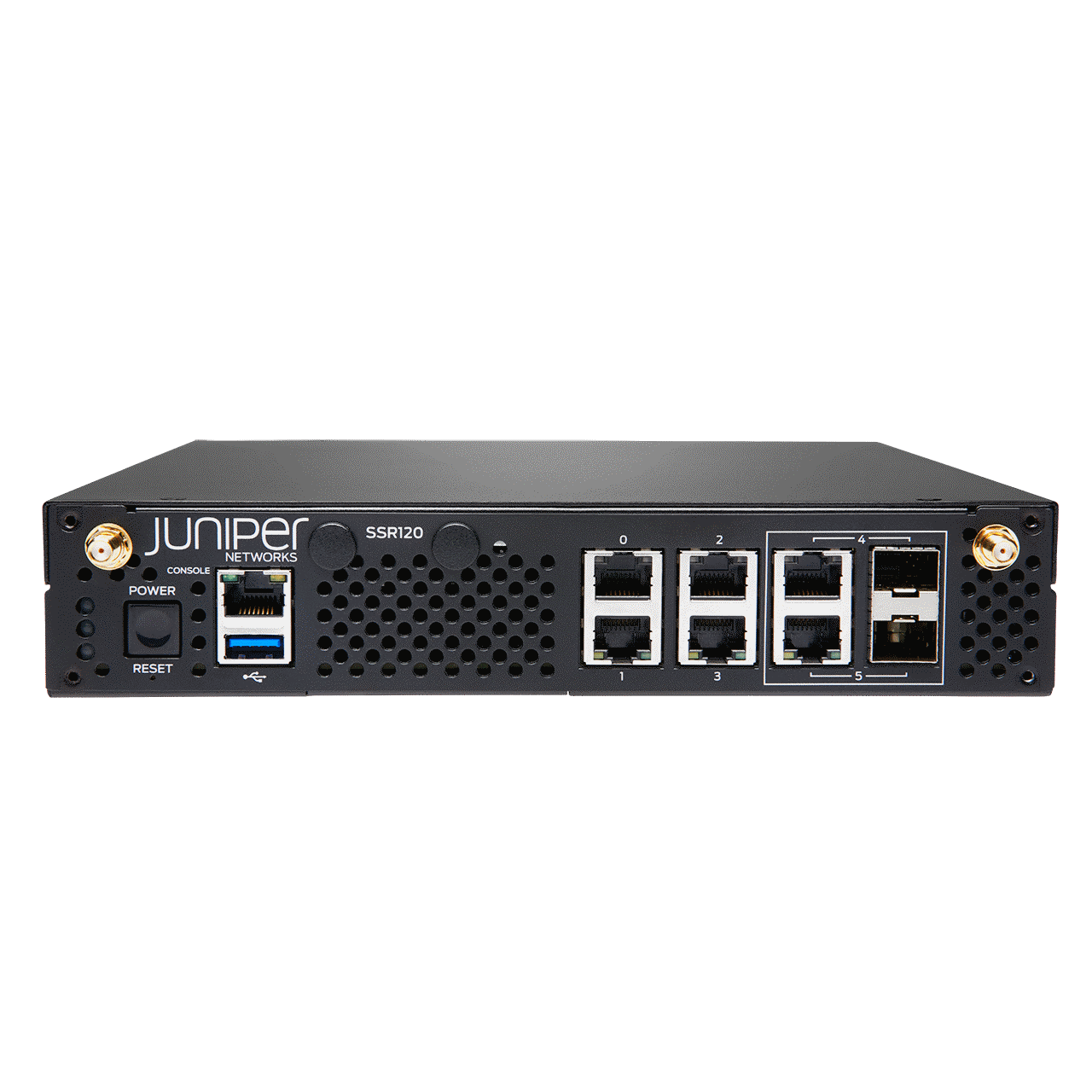Customer Success Story

TIM Brazil avoids multicloud migration headaches with AI-Driven SD-WAN
TIM, the largest telecommunications company in Brazil, serves 93% of the country’s urban population. As part of its digital transformation, TIM became the country’s first operator to migrate all its data centers to a multicloud environment using a Juniper Session Smart™ Router-based network fabric.
Overview
| Company | TIM Brazil |
| Industry | Service Provider |
| Products used | Session Smart Router |
| Region | Americas |

68.7 million
TIM mobile lines in Brazil
Accelerated cloud migration
With an application-aware network fabric
6x faster
To move an app to the cloud
7,000 servers, 1,200 databases
Moving to the cloud
Create a network platform for quick app migration to the cloud
As part of its strategic business plan, TIM Brazil’s goals are to deliver customer innovation, operational efficiency, and power-saving sustainability. To support that transformation, it planned to move all its Microsoft Office and Oracle-based applications, data, and business processes from legacy technologies to a multicloud.
To succeed, the telco needed to address limitations of legacy WAN architectures and select a software-defined routing architecture and intelligent SD-WAN platform that would maintain business continuity and simplify moving applications to a complex multicloud environment.
TIM Brazil faced a short timeline for the multicloud migration. The team had only a few months to implement and deploy a solution to migrate 7,000 servers, 35,000 cores, 1,200 databases, and 15 petabytes of storage from private infrastructure to a mix of public cloud services.

SD-WAN enables ‘lift and shift’ while positioning operator for growth
To maintain its leadership position and prepare for growth, TIM Brazil knew a secure multicloud architecture would deliver the performance, agility, and ROI it needed.
With the Juniper Session Smart Router, TIM can create a consistent, session-aware fabric across its multicloud environment, while meeting the most stringent performance, security, and availability requirements.
The Session Smart Router-based SD-WAN platform allowed the team to shift applications while maintaining its current IP addressing scheme, accelerating the migration of more than 180 VLANs and 7000 servers.
"In only two months, we were able to begin lifting and shifting our apps to the cloud,” says Franklin Gomes de Oliveira, senior manager of the Cloud Center of Excellence at TIM Brazil.

Faster, easier, and secure migration to the cloud
“Juniper has made the process seamless and flexible,” says de Oliveira. “Instead of being a bottleneck in our shift to the cloud, the network was invisible and posed no challenges. Now we can offer differentiated and dynamic services.”
One of the first apps to move to the cloud is the contact center to better support and serve customers.
The Session Smart Router helps maintain business continuity for cloud-based and on-premises applications, with sub-second failover between the two environments and zero-trust security. TIM Brazil also expects OpEx savings, since the Session Smart Router reduces the cost of data transfers.
The transition to multicloud supports TIM’s commitment to better environmental, social, and governance (ESG) practices. Moving its workloads to a consolidated cloud resource reduces emissions associated with storing data in individual physical spaces, which is a critical move supporting the company’s goal of being carbon neutral by 2030.
Looking ahead, having a Juniper SD-WAN driven by Mist AI™ will allow the telco to respond in real time to network activities and ensure positive customer experiences. With Mist AI, the operator will be able to adapt to infrastructure, client, and app changes in real time and adjust flows and platforms on the fly. As TIM Brazil moves its call center and other apps to the cloud, it expects to see improved performance and scale even as subscriber usage rises.


Published October 2022


